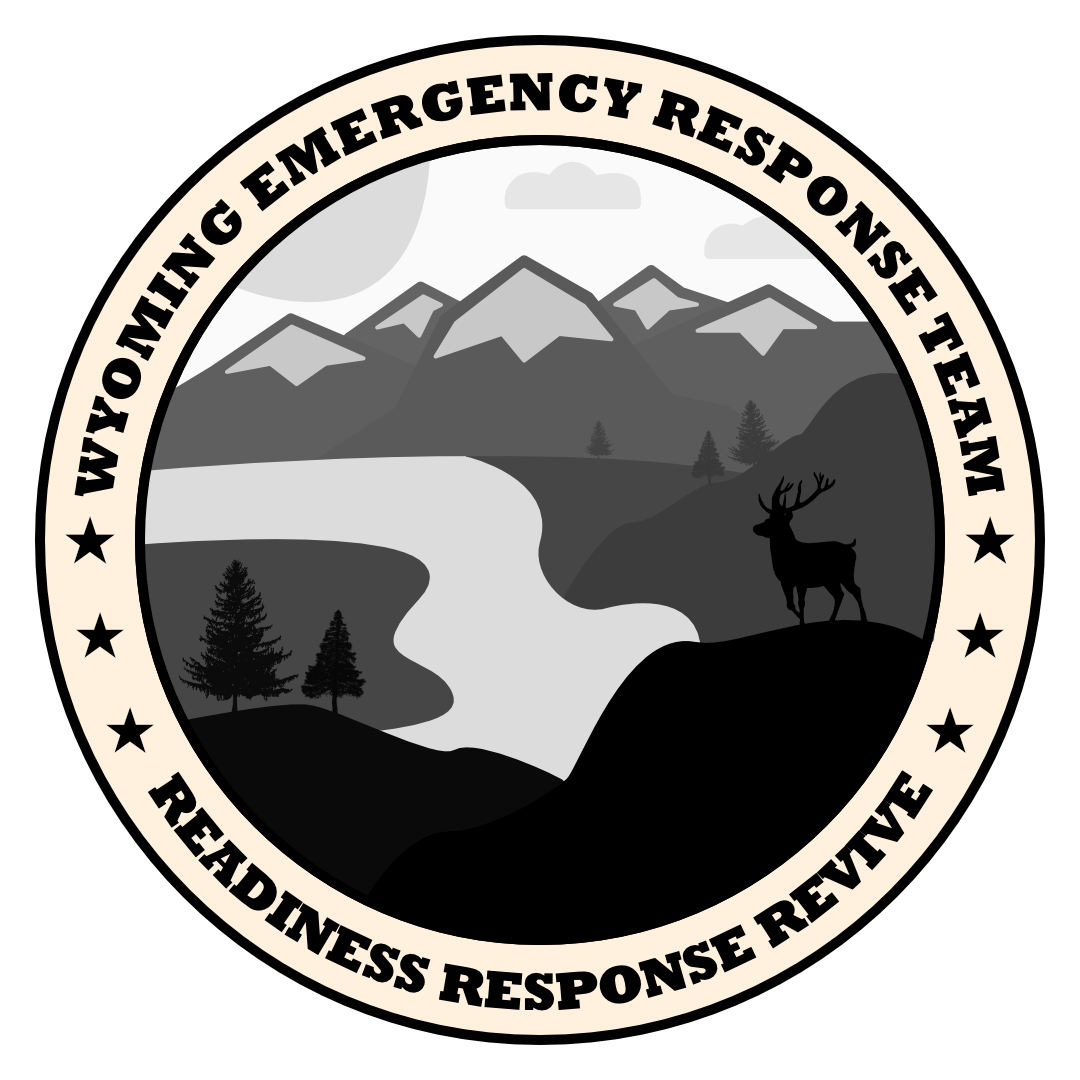
Committees
DeMUN II
Committee Functions
Position Paper Submission
Due: Saturday April 11th, 2026
Traditional General Assemblies
-

Food and Agriculture Organization (FAO)
A: Expanding Access to Nutritious and Affordable Foods in Marginalized Communities
B: Repurposing Global Food Waste into Food Security -

Special Political and Decolonization Committee (SPECPOL)
A: Assessing the Role of UN Peacekeepers in Post-Conflict Reconstruction
B: Ensuring Political Rights for Stateless Populations -

United Nations Children's Fund (UNICEF)
A: Protecting and Promoting Mental Health Support for Refugee and Displaced Children
B: Ensuring Safe and Equitable Access to Clean Water for Children in Conflict-Affected Regions -

United Nations Educational, Scientific, and Cultural Organization (UNESCO)
A: Safeguarding Cultural Heritage in the Age of AI
B: Protecting Endangered Linguistic Heritage -

United Nations Office for Disarmament Affairs (UNODA)
A: Preventing the Escalation of Proxy Conflicts into Wars
B: Promoting the Peaceful Use of Outer Space Technologies and Preventing Militarization -

World Trade Organization (WTO)
A: Regulating Global Supply Chain Disruptions and Shortages
B: Ensuring Fair Competition in the Age of eCommerce and Digital Trade
Regional Bodies
-

Association of Southeast Asian Nations (ASEAN)
A: The South China Sea Dispute - Navigating Sovereignty and Regional Unity
B: Addressing the Lasting Effects of the Rohingya Refugee Crisis
-

European Union (EU)
A: Redefining EU Foreign Policy in Changing World Order
B: Managing Migration While Balancing Security with Humanitarian Responsibilities
Historical General Assemblies
2012 Arab Spring
-

Cabinet of the Arab Republic of Egypt
Continuous Topic: Strategies for Containing Mass Demonstrations and Preserving National Stability
-

Cabinet of the Republic of Tunisia
Continuous Topic: Managing Civil Unrest and Restoring Public Order Following the Bouzid Protests
Crisis Committees
-

Committee on Global AI Governance
Topic A: AI in Governance and Defense
Topic B: Legal and Economic Rights for Sentient AI
-

Wyoming Emergency Response Team
Topic A: Emergency Response and Public Fallout
Topic B: Institutional Response, Accountability, & Long-Term Recovery
State Of The World
DeMUN II Historical General Assemblies
2012 Arab Spring
The "State of the World" serves as a foundational resource for delegates in historical committees, providing a comprehensive overview of the global political, economic, social, and cultural conditions during the specific time period being presented. This guide ensures that delegates understand the context of their discussions and can accurately represent their assigned delegation.
